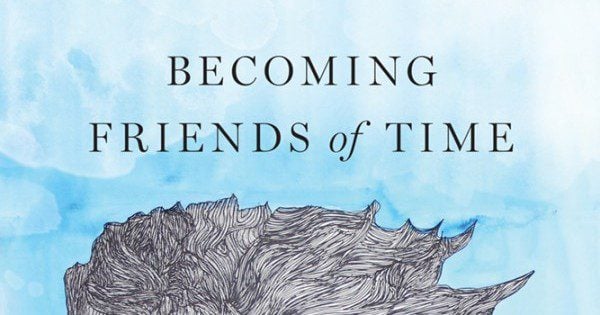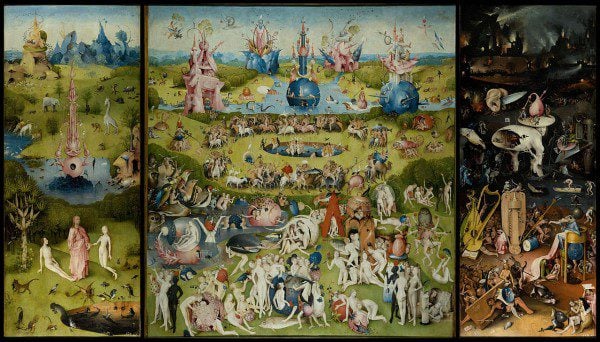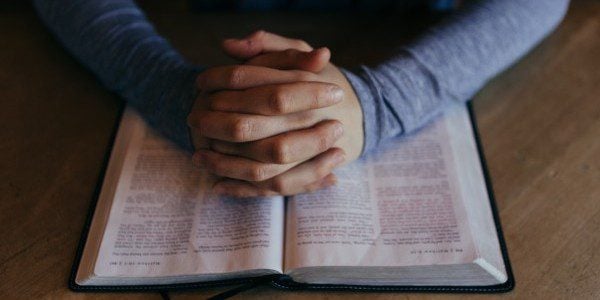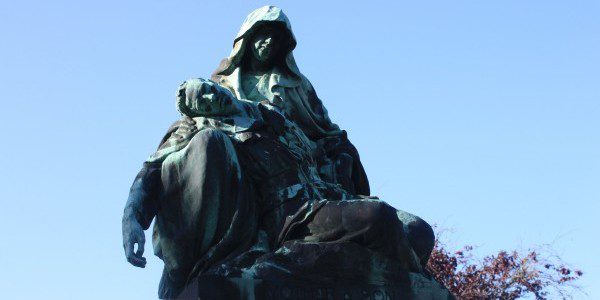Summer is already well under way, but it’s not too late to post my recommended book list. You’ve still got plenty of time to take up and read.

Some of these books are very recent (a few hot off the presses), while others not so much. Some may not qualify for reading on the beach, but each of them are worth your time and attention. And I think they’re all timely books, for one reason or another. The first two of them will be featured in upcoming Syndicate online symposia. I’ll announce those in forthcoming posts as they’re available.
1. Becoming a Christian in Christendom by Jason Mahn (Fortress Press, 2016). Mahn, a Kierkegaard scholar, applies his depth of theological insight and philosophical acumen to the challenge of living in accordance with the Christian gospel in a superficially “Christian” culture. He offers a probing diagnosis of “Christendom,” arguing that the antidote to the disease is (1) a theology of the cross, as articulated by Luther, Kierkegaard, Bonhoeffer, and others and (2) an anabaptist (“Hauerwasian,” for those of you in the know) ecclesiology. I take issue with Mahn on a few points, but I think he offers readers a more sophisticated and more nuanced alternative to the Benedict Option.
2. Becoming Friends of Time by John Swinton (Baylor University Press, 2016). Swinton is a prolific author in the area of practical theology. This book follows upon his previous work in which he develops a theology for understanding dementia and relating to those who suffer from it. In this work, he expands upon that central concern by articulating a theology of time, in relation to disability. He argues that true discipleship means acquiring a deeper theology of time (and of God’s slowness), which affords more expansive hospitality and more genuine solidarity.
3. Christ and Evolution by Celia Deane-Drummond (Fortress Press, 2009). This isn’t the most recent book, but it’s a thought-provoking journey at the intersection of science and Christology. Deane-Drummond engages theologians (especially Hans urs von Balthasar) and developments in science to articulate how evolution impacts our understanding of Christ (and sin, grace, salvation, etc.), and vice versa–how our Christology should shape our appreciation of the meaning of evolution (and suffering, etc.).
4. Stand Your Ground: Black Bodies and the Justice of God by Kelly Brown Douglas (Orbis Books, 2015). It’s fair to say that this was the most powerful and important book I read this past year. Douglas analyzes the “stand your ground” policies and the white supremacist history that under girds them. She further unpacks the history of white supremacy and racism in a succinct but masterful way, concluding with a provocative constructive theology which draws upon African and African American folk theology. I used this text for my Public Theology for Social Transformation course at United Seminary; the students rated it as one of the most impacting of the course.http://www.unitedseminary.edu/
5. Ethics of Hope by Jürgen Moltmann (Fortress Press, 2012). Everyone who knows anything much about contemporary theology knows that Moltmann needs no introduction. It seems to me that this book hasn’t quite caught on like some of his more popular volumes. The significance of this book, though, is that he applies his eschatological theological framework to practical ethical problems in a cleanly categorized way, dealing with medical ethics, ecology, war and peace, and other issues. I plan to use it as a required text for Christian Ethics this fall. Ethics is thoroughly eschatological!
6. The Power of Religion in the Public Sphere, ed. by Eduardo Mendieta and Johnathan Vanatwerpen (Columbia University Press, 2011). This is a fun little book to read, as it’s a dialogue between major political theologians and theorists around a very live and pressing topic: the place of religion in the public square. For those who haven’t been introduced to the thought of Jurgen Habermas, Charlest Taylor, Judith Butler, and Cornel West, this is a great way to hear them in their own voices. One gets a very strong sense of the complicated nature of how religion functions in public–for better and for worse.
7. Sacred Attunement: A Jewish Theology by Michael Fishbane (University of Chicago Press, 2008). I only came upon this book recently, though I’ve known of Fishbane’s work by reputation. Fishbane is both a terrific writer and a profound thinker, who is deeply knowledgeable of the variety and depth of Jewish approaches to the interpretation of Scripture. He gives the reader fresh insight into the spiritual nature of reading sacred texts, and into both the power and ambiguity of words–to “say the unsayable.” It’s a compelling covenant theology that Christian readers would do well to engage.











